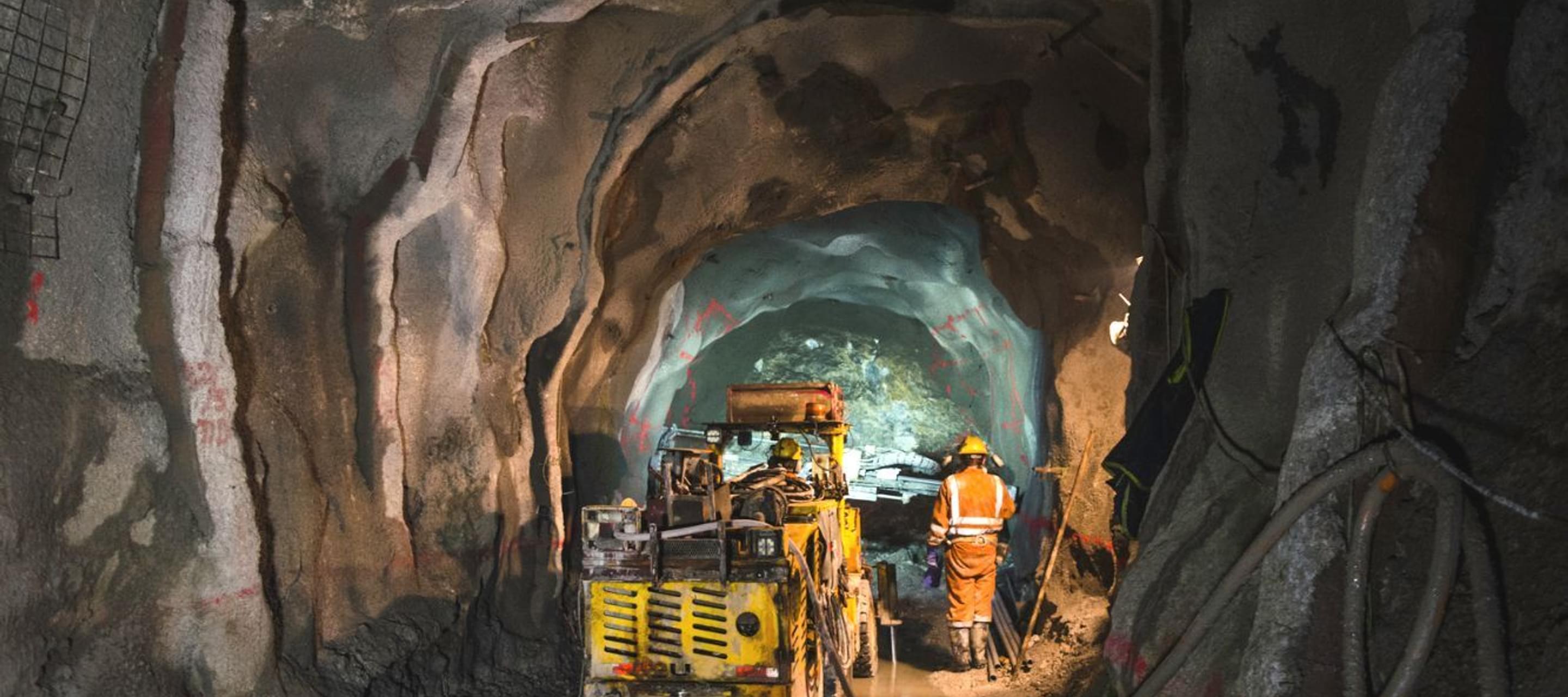Call for Inputs on the Extractive Sector, Just Transitions, and Human Rights
5 June 2023

The UN Working Group on Business & Human Rights (UNWG) recently issued a call for inputs on just transitions in the extractive sector, with a particular emphasis on rights-based approaches. IHRB's submission highlights a range of existing resources that have been created to answer a number of the UNWG's guiding questions. We also highlighted the following overarching message to the UNWG members:
The Institute for Human Rights and Business (IHRB) welcomes the UN Working Group’s focus on the subject of just transitions and the responsibilities of extractive sectors. This has been an area of extensive engagement by unions, governments, businesses, and wider civil society for the last several years. Despite growing attention to this topic, we see a significant need, and opportunity, for the UN Working Group to play a particular role in advancing the human rights dimensions of this agenda. In particular, this involves joining with others working to proactively integrate human rights considerations within UNFCCC deliberations. At present, human rights risk prevention and related international standards such as the UN Guiding Principles on Business and Human Rights (UNGPs) are rarely referenced, considered, or incorporated into mitigation, adaptation, and resilience policy being advanced within UNFCCC processes.
As Working Group members know well, there have been significant lessons learned over the last 12+ years on the most effective approaches to integrating the UNGPs and rights-based approaches into corporate structures, strategies, and systems – including the groundwork this lays for maximising the positive opportunities and impacts for people affected by the sector. Much of this work is highly transferrable to the context of climate action, where business will play a central role in implementing emissions reduction, energy access, and economic diversification activities across sectors, particularly the extractives.
Working Group members should take every opportunity to publicly and privately engage the various UNFCCC bodies working on issues relating to just transitions, in particular the Katowice Committee on the Impacts of the Implementation of Response Measures, as well as the newly formed Just Transitions Work Plan announced at COP27. It is imperative that the significant work achieved within the business and human rights agenda, and particularly by other UN agencies including OHCHR, ILO, UNDP, UNEP FI, UN Women and others in advancing rights-based approaches by economic actors, is efficiently embedded within climate policy deliberations at all levels.
Given the short time frame for this call for inputs, this submission focuses on providing links to existing resources that address specific areas, which themselves contain links to many further resources. The Working Group should develop a targeted approach to providing further guidance, building on the increasingly extensive array of resources already available on the topic of just transitions and the extractive sector. The Working Group could add particular value by focusing its efforts and expertise on sectors that have attracted far less engagement and consideration on the question of rights-based approaches in the context of climate action, such as the agriculture sector and broader food systems, as well as sectors relating to the built environment. These sectors are pivotal to achieving net-zero through deep and fast emissions cuts that require just transitions, but are often treated ubiquitously with the energy sector despite presenting drastically different contexts, risks, and opportunities that require thoughtful navigation. IHRB is at the disposal of the UN Working Group as it prepares its report.




